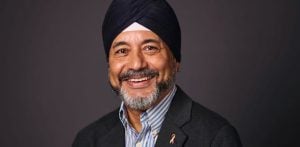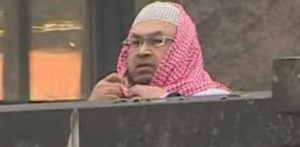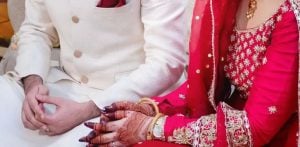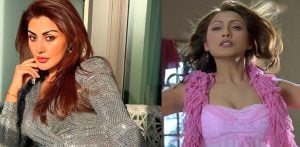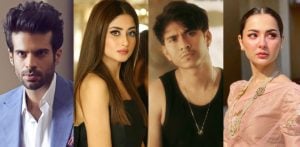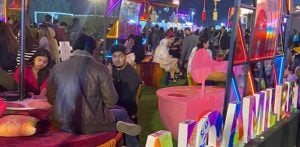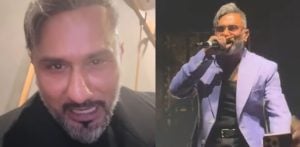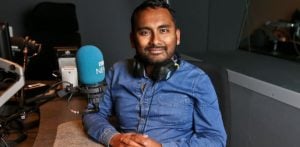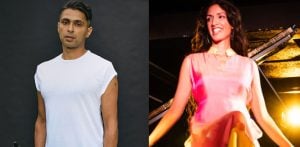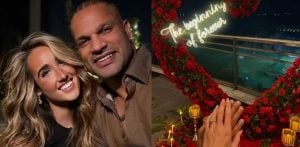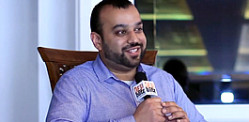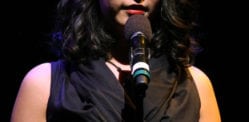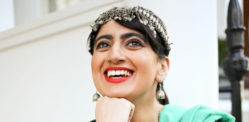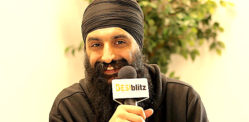"Each poem was a part of my soul that I shared"
In the dynamic and diverse world of spoken word poetry, Angela Rideau is quickly standing out as an artist with a captivating force.
Angela is a London-based British Indian spoken word poet, author and podcaster.
Through her art, she challenges norms, heals wounds, and amplifies marginalised voices.
Her debut poetry collection Honeybee delves deep into themes of trauma, identity, and the South Asian diaspora experience.
It is a collection of candid and introspective dialogues, guiding readers on a journey of self-reflection.
Angela Rideau fearlessly looks at the complexities of her experiences, sparking introspection yet celebrating the unwavering strength of the human heart.
Her beautifully crafted pieces navigate the stages of heritage, hurt, self-discovery, growth, and healing.
Angela’s words resonate with profound emotional depth, forming a perfect marriage between pain and poetry, evoking strong sentiments that linger in the hearts of her audience.
Her poetic journey began as a personal refuge during times of struggle.
However, it soon transformed into a powerful beacon of hope for others, especially during the dark days of the Covid pandemic.
But, Angela’s work is not limited to words on a page or stage performances.
She also has her own podcast, ‘Poems From My Heart’, where she seeks to empower and uplift other artists, providing a platform for voices often silenced or ignored.
And now, Angela is embarking on a new musical venture so her messages can reach a whole new audience in an entirely new way.
Merging her poignant verses with the soul-stirring sounds of the Asian Underground, she is releasing her debut Spoken Word Music EP.
Join us as we exclusively chat with Angela Rideau about her motivations, Honeybee, and the transformative power of her art.
What early inspirations did you have in poetry?
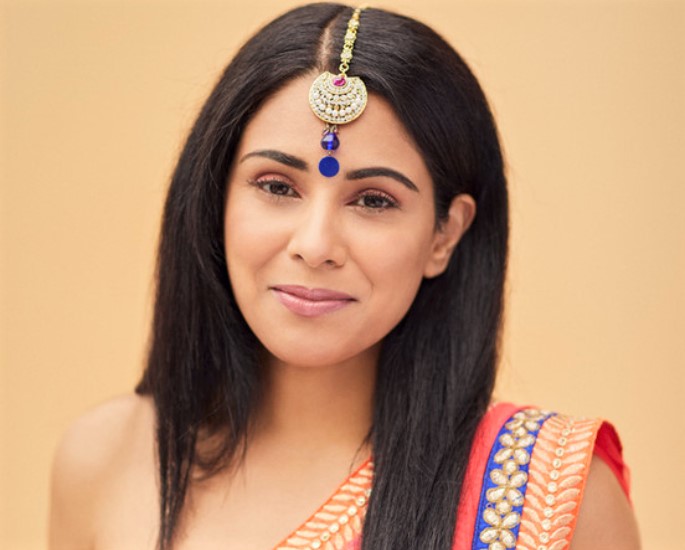
For me spoken word poetry is a perfect marriage between music and poetry that evokes strong emotions.
It’s natural for them to go hand in hand.
I have always loved languages and the emotional depth and musicality of spoken word, but I didn’t pursue this until a few years ago.
Poetry is meditation and a cathartic release.
It gave me the freedom to step into areas of my life, where I can connect with myself in my purest element.
I was eight months pregnant and having suffered four baby losses already, I wrote my first poem to cope with the anxiety of how to get through the last month.
And, I had no intention of sharing my poetry publicly until years later when the Covid pandemic hit.
I saw how people were suffering silently and how much of an impact this had on mental health.
I wanted to offer hope to others dealing with similar anxieties to say ‘don’t feel ashamed’ and ‘you aren’t alone’.
Sometimes, it really helps to see someone who looks like you that can talk about these topics.
Were there any specific poets or works that impacted you?
I love the work of contemporaries such as Nikita Gill and Rupi Kaur who are also women of colour, living within the diaspora.
I admire their resilience and the way they bring topics into the limelight that are often taboo.
“It’s been a journey of discovery for me.”
Although, I don’t have particular techniques or rules that I stick to and I am still learning.
My poetry is very visual but as a spoken word poet, I do perform my poetry aloud and change it from ‘for the page’ to ‘for the stage’.
Has being a writer influenced your understanding of trauma?

We are all energy; we love, we carry pain.
But, it is up to us to decide what to do with that pain – explode like a bomb and destroy everything in your path – or light up the sky like fireworks, spreading joy.
My experiences have taught me how to seek out the light and that is the message of the book; hope; to change that energy and pain into something positive.
My aspiration also is for readers to find hope and empathy in my art, to empower them to start conversations around healing.
Where did the motivation for ‘Honeybee’ come from?
As in my book, ‘Honey isn’t made alone; it takes a collective colony’.
Honeybee is essentially about empowerment, transformation, love and elevating each other into a place of safety and security.
The title Honeybee and the colour of the book are significant, as yellow is the opposite of purple on the colour wheel.
I use ‘painting on a canvas’ as a metaphor for addressing topics of trauma and abuse.
When we bruise – it goes through many phases, passing through colours like purple, black and blue and yellow is when you get to the final stage of healing.
This book is about that journey.
Honeybees work together in a collaborative community, which is led by a queen, and not a king.
“I liked this idea of challenging the patriarchy, and about healing through a sisterhood.”
Honeybees can’t fly when their wings are wet, and I use this as a metaphor for addressing topics in society that stop us from thriving.
I wanted to take readers on a journey, so each chapter tells a different story, representing life stages, and exploring different taboos.
Which poem(s) from ‘Honeybee’ were the most rewarding and challenging to write?
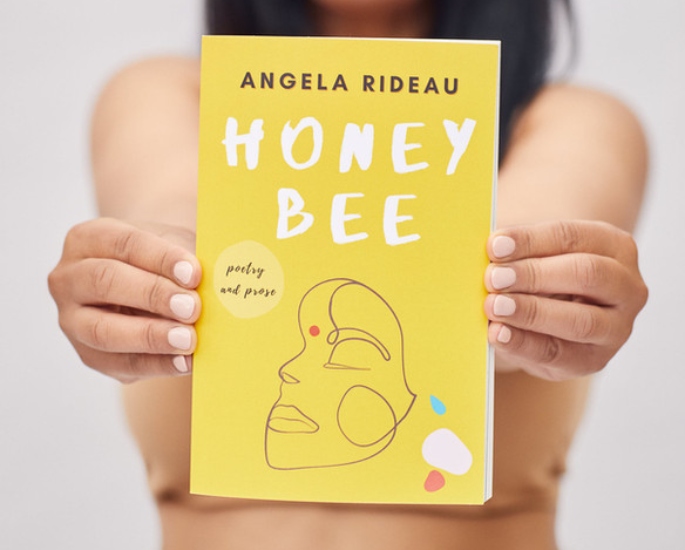
That’s a difficult one to answer.
I really enjoyed writing a poem called ‘My Hometown’.
It celebrates part of our culture such as the journey of immigrants, their struggles and familiar parts of our community that will make you smile.
It’s a nostalgic sweet one – which is also a track on the album.
There are many controversial topics throughout the book.
Each poem was a part of my soul that I shared because they are my true experiences, be it about domestic violence, abuse, caste discrimination, trauma, or loss.
It felt like ripping a band-aid off the parts of our culture that we are too shy to address.
‘For My Six’ is a poem I have never performed and I think I won’t, simply because of how many emotions it carries for me about baby loss.
Do you believe poetry can challenge marginalised experiences?
Certain cultural norms have dominated our thoughts and behaviour patterns and have been inherited without question.
Art is powerful in the sense that it can help empower people to challenge and reshape the narrative and check our unconscious biases.
Particularly, on topics such as gender equality, caste systems and our relationship with beauty standards and where they come from.
It is ultimately about healing scars carried over from generation to generation to question ‘What kind of world do we want to leave behind?’.
“Sharing is vulnerable, and can be a source of shame, especially in South Asian communities.”
But my thinking was that shame isolates you and only empowers the abuser or the dominant hierarchical systems.
It’s important to create balance and harmony and poetry is my vehicle for that.
Poetry gives a voice to issues and puts them on the map in a way that can be accessed by people easily.
Can you discuss the theme of femininity in ‘Honeybee’?
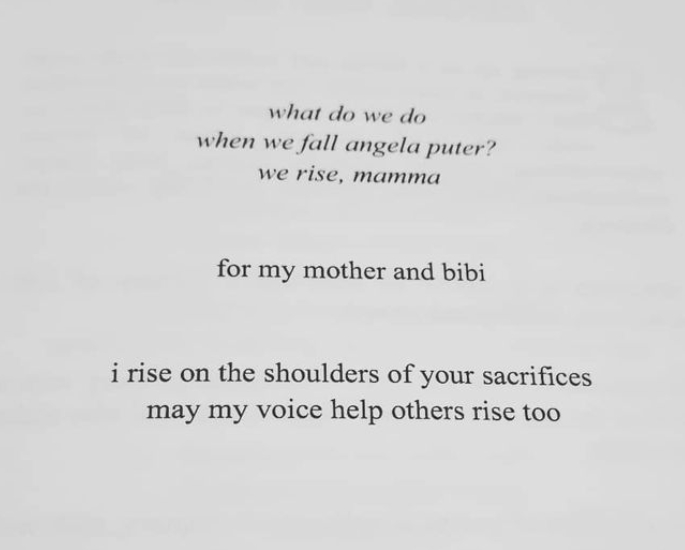
In Indian literature and mythology, I saw women depicted as powerful goddesses.
But I soon realised that there was a disparity in how women are portrayed in everyday life.
My poetry references powerful Hindu goddesses that are celebrated for being fierce and I see this as a form of strength to aspire towards.
Sisterhood and feminism are strong themes in my book which shaped my writing.
My book explores topics on motherhood, colourism, self-love, baby loss, menstruation, consent, living within the diaspora, colonialism and identity.
What motivated you to create a Spoken Word Music EP?
Music has always been at the heart of who I am and I also love poetry, but I hadn’t learnt how to fuse these elements until recently.
I grew up hearing the sounds of certain instruments in places of worship or during festivals.
And, these instruments are incredibly spiritual, rich and evoke feelings of both celebration and belonging.
The tabla, sitar, sarangi are all instruments that have been beautifully woven into this EP along with some amazing drum and bass beats.
It adds another dimension to my work.
“The EP will have sounds of the Asian Underground and Eastern Drum and Bass beats.”
I have been fortunate enough to work within this genre of music.
The Asian Underground scene has been massive and has influenced a wave of new artists.
It’s a blessing to have this opportunity to experiment with something new.
How did your podcast ‘Poems From My Heart’ come about?
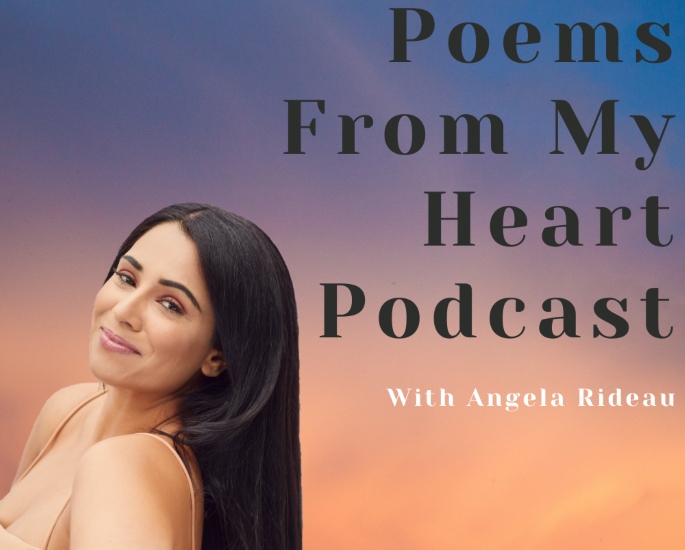
Being South Asian, we are often taught to sweep certain topics under the rug and there is this element of shame that I feel only isolates people further.
As such, I started a podcast with the aim of starting a conversation.
Each podcast episode showcases the work of creative artists, activists and poets.
It includes an exploration of identity in the format of spoken word poetry and a discussion on different themes.
These include but are not limited to; divorce, de-stigmatising childhood sexual abuse, feminism, miscarriages, and body image.
I have learnt so much from the incredible guests who have been part of the podcast.
It’s been empowering to find my tribe of creatives.
Have you faced any challenges as a South Asian writer?
For someone new to the publishing world, the learning curve was steep.
Imposter syndrome sets in, but you can’t always aim for perfection as it can cripple creativity.
“I wanted to provide illustrations that capture the essence of my poetry authentically.”
In doing so, I was lucky to work with an Indian graphic designer who is also a poet.
There are a lot of diverse voices and topics within the diaspora, and I feel that representation matters.
In what ways do you hope your work will spark conversations?
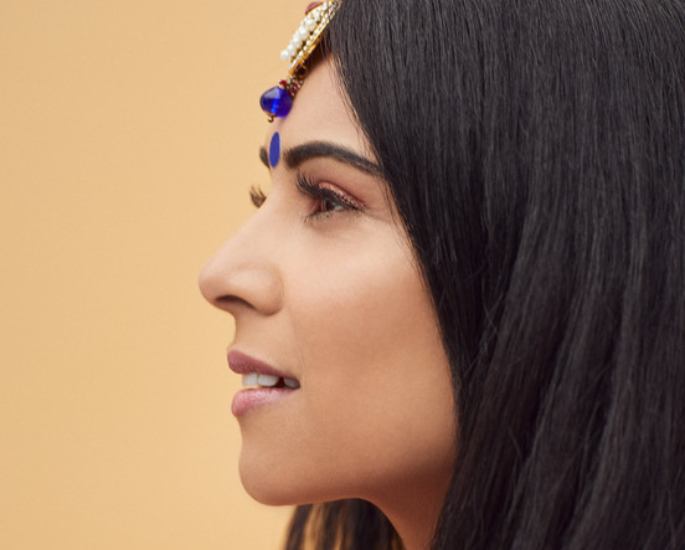
These conversations are bigger than any individual.
Whilst difficult to discuss, bringing the footnotes to the forefront starts a dialogue about how we can educate to collectively create change.
Regarding identity – find elements in your culture to celebrate – even in the smallest elements.
Celebrate differences because our differences are what make us unique.
There is no shame in being different, and there is always space for growth.
Also, 100% of my book royalties are donated to Tommy’s Charity, which means a lot to me personally.
I would like to support their work in campaigning, educating and helping families going through baby loss.
This is my way of contributing to saying ‘I see you and I thank you’.
Angela Rideau’s poetic journey is a testament to the impact words can have on shaping narratives, challenging cultural norms, and fostering healing.
Through Honeybee, Angela embraces the journey of empowerment, transformation, and sisterhood, creating a tapestry of emotions and stories that resonate with diverse audiences.
With every line she pens, Angela brings hope and strength, not only for herself but for all those who find solace in her art.
More importantly, she doesn’t shy away from addressing the hard-hitting issues within her own South Asian culture – which is a refreshing sight for readers and fellow writers alike.
Whilst she describes her own personal traumas, she emphasises the importance of resilience and the massive part her art has played in that.
And it seems, Honeybee will offer that same guidance for those struggling or simply to offer some thought-provoking perspectives.
Angela Rideau is a true inspiration, igniting conversations that challenge the status quo.
Undoubtedly, her poetry, performance and music will create a legacy of love and empowerment.
Grab your own copy of Honeybee here.







